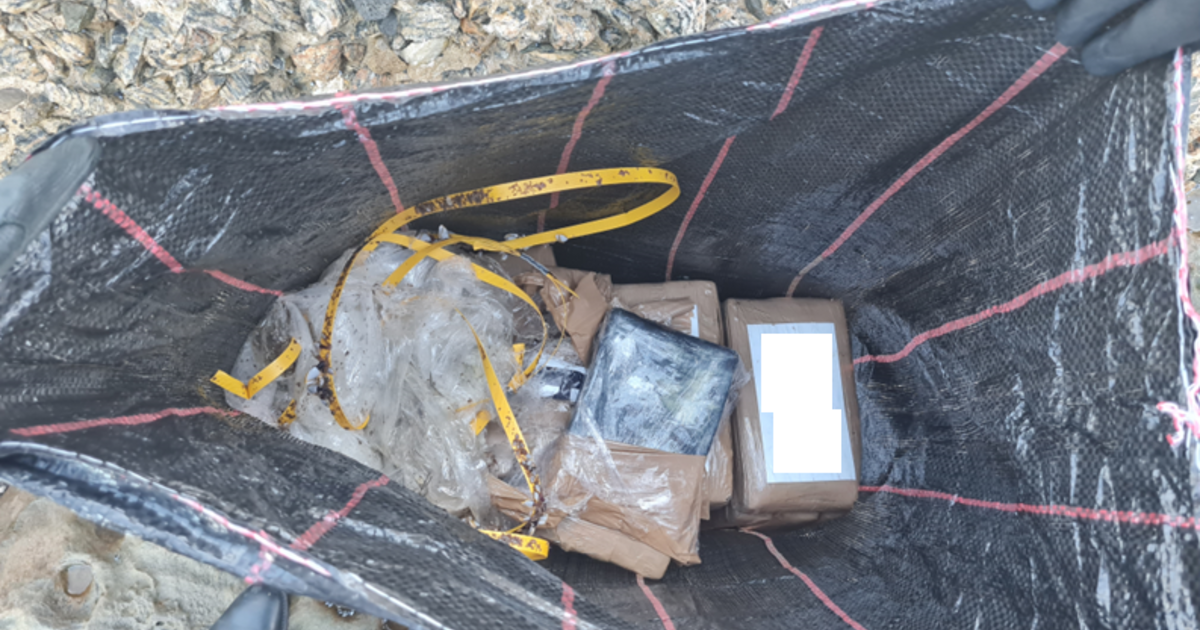FDA could authorize COVID vaccine for children 5 and under, and Novavax vaccine, this June
The Food and Drug Administration could authorize COVID-19 vaccine shots for children under 6 years old as early as June following key meetings of its outside advisers now tentatively scheduled for that month. It could also greenlight a new COVID vaccine from Novavax in June.
Meetings of the FDA's Vaccines and Related Biological Products Advisory Committee (VRBPAC) are now planned as many as four times in June to weigh a myriad of COVID-19 vaccine requests pending before the agency, the FDA said Friday.
"As we continue to address the ongoing COVID-19 pandemic, there are a number of anticipated submissions and scientific questions that will benefit from discussion with our advisory committee members," Dr. Peter Marks, the FDA's top vaccines official, said in a statement.
Meetings of the VRBPAC mark the final step before the FDA grants requests for emergency use authorization.
While the agency is not required to follow the committee's votes, and has occasionally skipped consulting the panel for some previous authorizations, a green light from the advisers generally paves the way for the FDA to clear the shots within days after the meeting.
"The agency is committed to a thorough and transparent process that considers the input of our independent advisors and provides insight into our review of the COVID-19 vaccines. We intend to move quickly with any authorizations that are appropriate once our work is completed," added Marks.
After the FDA grants any new emergency use authorizations, the Centers for Disease Control and Prevention must also weigh in before shots can be rolled out. A spokesperson for the CDC has said the agency plans to ask its advisers to weigh in as well before issuing new recommendations for these vaccines.
Vaccine for children 5 and under
As early as June 8, the FDA says the committee could meet to discuss emergency use authorization requests for COVID-19 vaccines in the youngest children. The agency is also holding open dates on June 21 and 22 to potentially weigh the requests.
Moderna says it plans to complete submitting data on its lower-dose shots for children by the end of next week. Pfizer and BioNTech say they could have results from their trial of three doses in kids by June.
The FDA is likely already scrutinizing data around Moderna's vaccine manufacturing, which must be submitted a month ahead of the company's request.
However, FDA officials have hinted that vetting Moderna's formal submission — which spans everything from safety and efficacy data to the details of how vials will be labeled and supplied — could take longer than Pfizer and BioNTech because its submission spans a larger age group.
The population in Moderna's request — children under 6 years old — is also larger than Pfizer and BioNTech's, which is already authorized for children 5 and older. Moderna has also been submitting new safety data to the agency from older age groups and has said it plans to renew its push for authorizing its vaccine in adolescents, after concerns of rare but serious heart inflammation side effects stalled its application last year.
"As the sponsors complete their submissions and the FDA reviews that data and information, it will provide additional details on scheduling of the VRBPAC meetings to discuss each EUA request," the agency said.
Novavax vaccine
On June 7, the panel could meet to discuss a request from Novavax for emergency use authorization of its COVID-19 vaccine in adults. The Novavax vaccine is already authorized in more than three dozen countries, the company says, including across Europe.
If greenlighted by the FDA, federal officials have said they hoped the protein-based vaccine could pave the way to vaccinating a handful of holdouts still hesitant to take the mRNA vaccines from Moderna or Pfizer and BioNTech.
Novavax's shots are also being studied in a variety of government-backed booster shot trials, including for adolescents, as well as in the National Institutes of Health's mix-and-match boosting research.
Novavax's request to authorize its "protein subunit" vaccine was filed months ago, at the end of January. FDA officials have acknowledged the demand for the shots, rebuffing accusations that the regulator was slow-walking its vetting of the company's submission.
"This is an incredibly complex review process that involves review of not just clinical data but also manufacturing data that will be needed to make a determination about emergency use authorization," the FDA's Dr. Doran Fink told the CDC's outside vaccine advisers earlier this month.
Targeting future strains
Later in the month, on June 28, the FDA says it will ask the panel to meet again to discuss the possibility of selecting a new strain to target for the COVID-19 vaccines ahead of a deadly new wave that experts warn is likely to arrive this fall or winter.
The committee previously met on April 6 to discuss the topic.
Both Moderna as well as Pfizer and BioNTech have been studying an array of new COVID-19 vaccines adapted to different or multiple variants, including Omicron, that could serve as fourth doses for the general population.
A committee of experts convened by the World Health Organization is also mulling recommendations, similar to the process that countries around the world already rely on to coordinate the annual flu shot.
However, it is unclear if the group will issue its decision in time for the fall. Switching over the factories manufacturing new COVID-19 vaccines could take months, experts warned the committee, requiring a decision by the early summer.
Among the risks of reformulating the shots, moving to an Omicron-adapted vaccine might also expose vulnerability to other future variants that could have very different mutations from the current Omicron BA.1 and BA.2 strains spreading in the U.S., experts warned the committee.
Gathering data on the new shots will also pose a challenge to regulators, given uncertainties around measuring the immune protection offered by the current shots and the rapidly-shifting landscape of new variants.
"At the end of our process, really our goal here is to stay ahead of future variants and outbreaks and ensure that we do our best to reduce the toll of disease and death due to COVID-19 on our population," Marks said in closing the April meeting.



